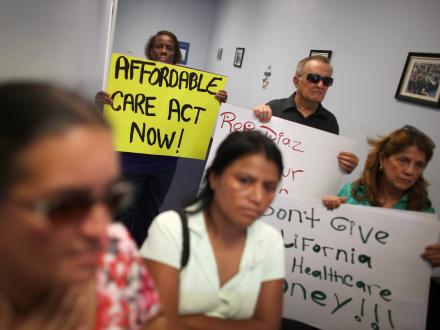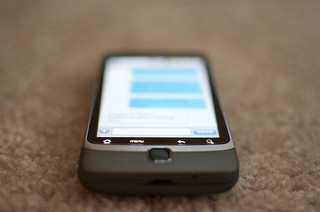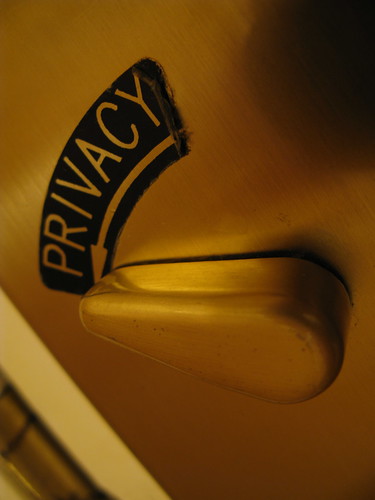Submitted by brad@physiciansnews.com on October 22, 2013 – 2:16 pm
The federal physician self-referral statute, known as the Stark law,[1] prohibits a physician from referring to an entity for the furnishing of a designated health service if the physician (or immediate family member) has a financial relationship with the entity, unless the referral complies with a Stark exception. Physicians have long relied on the In-Office Ancillary Services Exception[2]when structuring ancillary service models as part of their medical practices.
However, the proposed “Promoting Integrity in Medicare Act of 2013,” being referred to as “PIMA,” (H.R. 2914) would eliminate this exception for advanced imaging (which includes MR and CT), anatomic pathology, radiation therapy, and physical therapy. PIMA would also increase the penalties under Stark for the newly prohibited self-referrals. If passed into law, H.R. 2914 will require physician practices that currently provide these ancillary services to restructure or unwind these service models completely.
H.R. 2914
H.R. 2914 was introduced in the U.S. House of Representatives on August 1, 2013 by Jackie Speier (D-CA), Jim McDermott (D-WA), and Diana Titus (D-NV). The bill cites recent reports by the U.S. Government Accountability Office (GAO) and the Medicare Payment Advisory Commission (MedPac) finding that physician self-referrals in the areas of advanced imaging, anatomical pathology, radiation therapy, and physical therapy drive up Medicare costs and negatively impact patient care.
According to Congresswoman Speier, “[n]ot only is Medicare wasting hundreds of millions each year on unnecessary or inappropriate care, in some cases it is downright harmful, such as when patients receive unnecessary CT scans, which involve the use of ionizing radiation that has been linked to an increased risk of developing cancer.”[3] Supporters of the bill include the American Clinical Laboratory Association, the American College of Radiology, and the American Physical Therapy Association, among other industry organizations.[4]
Opponents of H.R. 2914—which include the American Medical Association, the American College of Surgeons, and the American Urology Association, among other physician organizations[5]—argue that it would create barriers to care and drive up costs by forcing patients to obtain services at higher cost centers, such as hospitals and free-standing centers.[6]
According to the Coalition for Patient Centered Imaging, which represents various physician organizations, “H.R. 2914 would . . . force patients to receive services in a new and unfamiliar setting, increase costs, present significant barriers to appropriate screenings and treatments, and make health care less accessible.”[7] Others argue that the studies cited in the bill are flawed and that, if passed, independent physicians will lose the ability to compete in the market.[8]
Conclusion
The business implications of H.R. 2914 obviously are significant for both supporters and opponents of the bill. But if passed, its impact will be particularly felt by those physicians who have invested in these ancillary service lines in reliance on this Stark exception as it has existed up to now. The bill would go into effect one year after passage, requiring physicians to discontinue self-referrals for the targeted health services.





 Sending a text has become a quick, easy way to communicate, and people of all ages are embracing it. Those under the age of 30 are more likely to engage in online interaction with doctors, according to the
Sending a text has become a quick, easy way to communicate, and people of all ages are embracing it. Those under the age of 30 are more likely to engage in online interaction with doctors, according to the  Busy physicians might find voice messages or paging to be a cumbersome way of communicating, especially when they have a lightning-fast smartphone in their pocket. In a world where time is of the essence, cutting out the long delays for physicians to give orders, talk to patients or follow up on test results could make a significant difference in the lives of patients. As
Busy physicians might find voice messages or paging to be a cumbersome way of communicating, especially when they have a lightning-fast smartphone in their pocket. In a world where time is of the essence, cutting out the long delays for physicians to give orders, talk to patients or follow up on test results could make a significant difference in the lives of patients. As